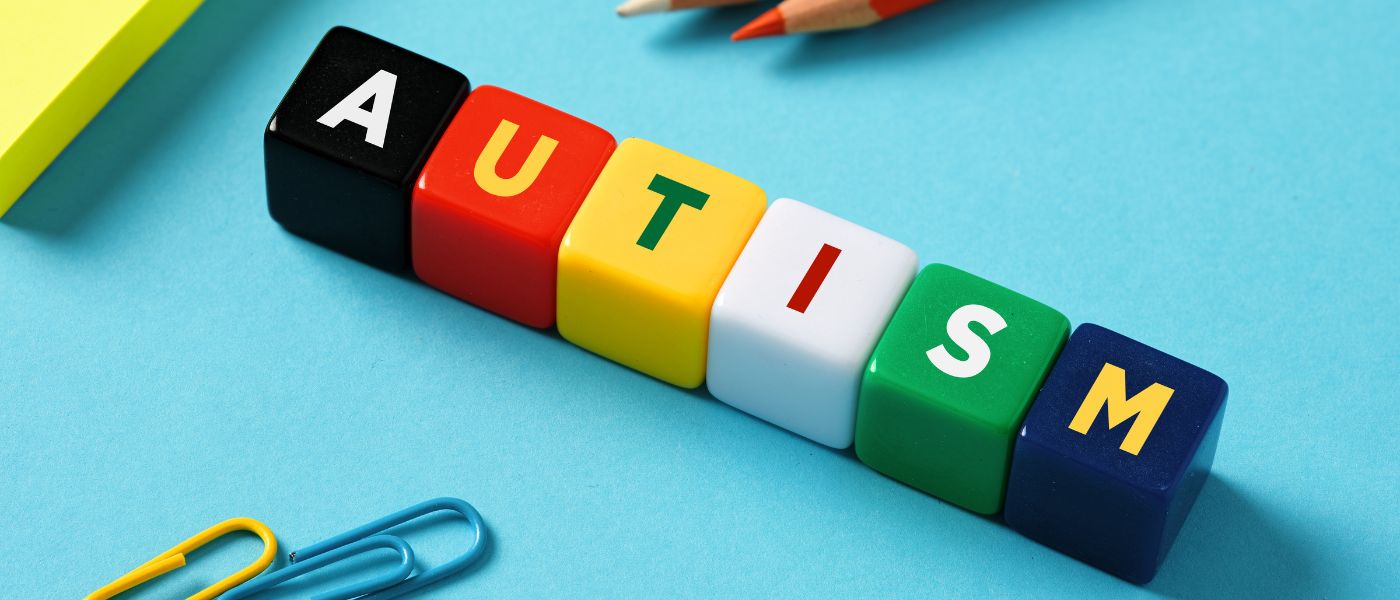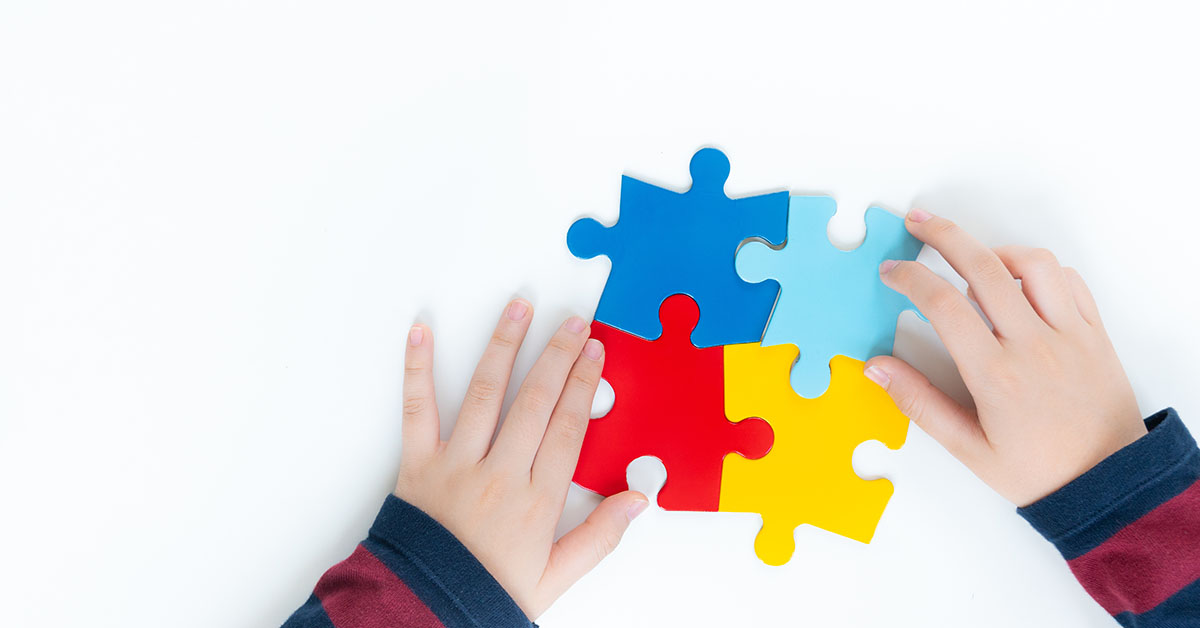Navigating Social Difficulties: Tips for People Coping With Autism
Navigating Social Difficulties: Tips for People Coping With Autism
Blog Article
Understanding Autism: A Comprehensive Overview to Symptoms And Signs
Autism Range Problem (ASD) includes a wide variety of attributes that can considerably impact a person's social interactions and day-to-day functioning. Identifying the symptoms and indicators, such as challenges with eye call, social communication troubles, and sensory sensitivities, is crucial for early treatment. Comprehending these subtleties not only aids caretakers and educators in offering appropriate support yet also promotes an extra inclusive setting for people with ASD. As we explore the intricacies of autism, it comes to be necessary to take into consideration how these indications show up differently across the range and what effects they hold for effective intervention techniques.
Review of Autism Range Problem
Specifying Autism Range Problem (ASD) entails identifying it as a complex neurodevelopmental condition characterized by a variety of difficulties in social interaction, communication, and behavioral patterns. The term "spectrum" mirrors the wide irregularity in signs and symptoms and their extent, which can vary dramatically from one person to an additional. ASD commonly shows up in very early youth, although some people may not receive a diagnosis until later on in life.
Variables affecting the development of ASD include genetic tendencies and ecological elements, although the precise reasons continue to be under examination. Diagnosis typically depends on behavior analyses, as there are no conclusive medical examinations for ASD. Early intervention is essential and can significantly boost results, focusing on boosting communication abilities, social interactions, and flexible habits.
People with ASD may also show distinct toughness, such as phenomenal interest to detail or certain areas of knowledge. Understanding the diverse nature of ASD is important for cultivating an inclusive setting that accommodates neurodiversity. Proceeded research is crucial for developing efficient treatments and support group, making it possible for individuals with ASD to grow and satisfy their possible within society.
Typical Indicators of Autism
Recognizing the typical indicators of Autism Spectrum Problem (ASD) is vital for early recognition and intervention. These signs can differ commonly in severity and presentation, however particular qualities are often observed in people with ASD.
One of the most prevalent indications is a marked difficulty in establishing and preserving eye get in touch with. Individuals might also exhibit restricted rate of interest in social communications and reveal a preference for solitary play.
Sensory sensitivities are likewise typical; people might underreact or panic to sensory stimuli, such as textures, lights, or sounds. autism. Language growth can be irregular, with some kids displaying delayed speech or making use of language in unusual ways, including echolalia-- duplicating sentences or phrases listened to elsewhere
It is necessary to note that not every person with ASD will display all these indications, and the degree of these actions can vary dramatically. Early recognition permits prompt support and resources, enhancing the high quality of life for those on the spectrum.
Social Interaction Difficulties
Social communication obstacles are a trademark of Autism Spectrum Problem (ASD), affecting a person's capability to involve successfully with others. These difficulties can show up in different ways, consisting of challenges in launching and maintaining discussions, comprehending social signs, and responding suitably in social interactions.
Individuals with ASD may battle with nonverbal communication, such as eye call, faces, and body movement. This can lead to misconceptions, as their communicative intent might not be properly analyzed by others. They might find it tough to grasp the nuances of tone and context, which are important for reliable communication.
In group setups, people with ASD may feel overloaded and might not know exactly how to sign up with in discussions (autism). They might likewise show irregular conversational patterns, such as monologuing about certain passions without recognizing social reciprocity
Furthermore, these obstacles can result in social isolation or problems in forming partnerships, as peers might misinterpret their habits or interaction style. Understanding these social communication difficulties is crucial for fostering supportive atmospheres that promote social skills advancement and improve the top quality of communications for people on the autism range.
Sensory Level Of Sensitivities and Feedbacks
Many individuals with Autism Spectrum Disorder (ASD) experience heightened sensory sensitivities that can considerably impact their every day lives. These sensitivities may manifest as over-responsiveness or under-responsiveness to sensory stimuli, including audios, lights, textures, tastes, and smells. A person with ASD might locate daily noises, such as a vacuum cleaner or crowded settings, overwhelmingly upsetting, leading to anxiety or disasters. Alternatively, some may exhibit an indifference to discomfort or severe temperatures, which can pose safety and security problems.
Sensory handling differences in people with ASD can likewise affect their ability to involve in social interactions and regular activities. As see this page an example, a child that is sensitive to touch may resist physical love or avoid specific clothing materials. Additionally, a preference for specific textures or tastes can restrict dietary choices and develop challenges during nourishments.
Recognizing these sensory sensitivities is crucial for recognizing the distinct experiences of individuals with ASD. Understanding of their sensory accounts can cultivate far better communication and support techniques, creating an environment that fits their requirements and improves their lifestyle. Inevitably, recognizing sensory level of sensitivities is a vital part of comprehending the more comprehensive spectrum of autism.

Supporting People With Autism
Effective support for people with click over here Autism Range Disorder (ASD) is vital for enhancing their general wellness and cultivating independence. Support methods need to be tailored to meet the special demands of each person, considering their obstacles and toughness.

Social abilities training can additionally play a pivotal function. autism. Engaging individuals in team tasks or role-playing circumstances can enhance their capability to browse social communications. In addition, it is vital to educate member of the family, caregivers, and peers about ASD to foster a inclusive and supportive community
Conclusion
By promoting improved interaction and social skills, individuals with autism can browse their atmospheres more efficiently. Eventually, increased recognition and support can substantially improve the high quality of life for those affected by ASD.
Autism Range Disorder (ASD) incorporates a large range of features that can substantially influence an individual's social interactions and daily performance.Individuals with ASD might struggle with nonverbal interaction, such as eye contact, facial expressions, and body language.Many individuals with Autism Range Disorder (ASD) Visit This Link experience enhanced sensory sensitivities that can dramatically influence their everyday lives.Sensory handling differences in people with ASD can also impact their capacity to engage in regular tasks and social interactions.Recognizing these sensory sensitivities is necessary for acknowledging the one-of-a-kind experiences of people with ASD.
Report this page